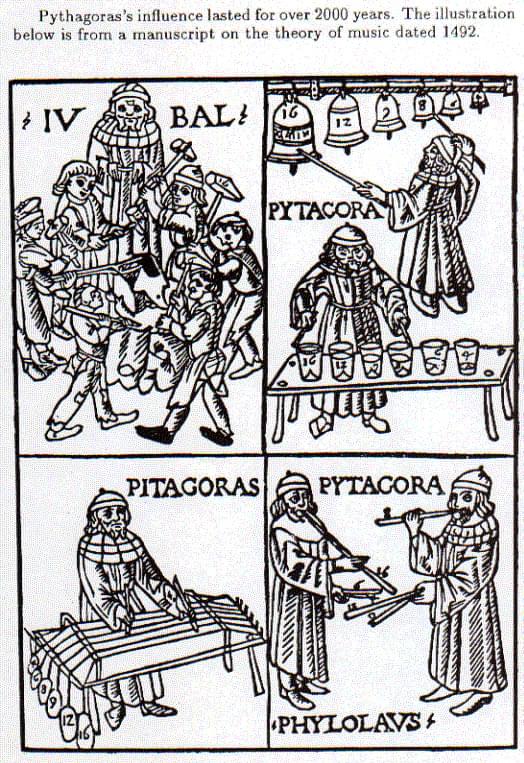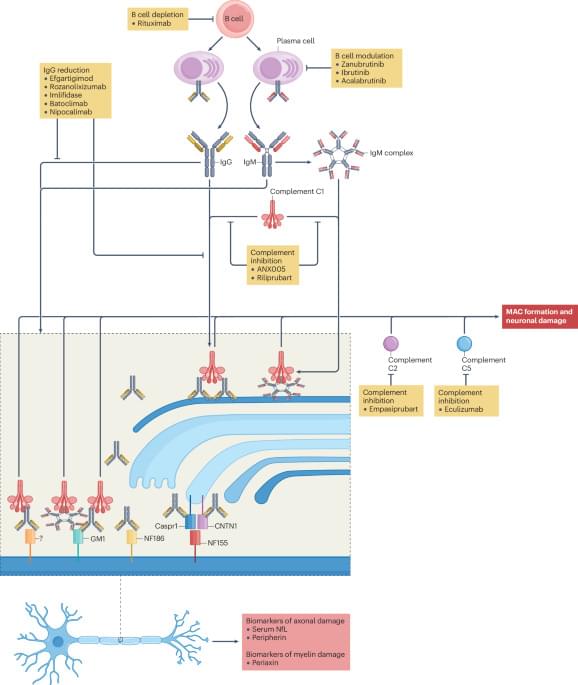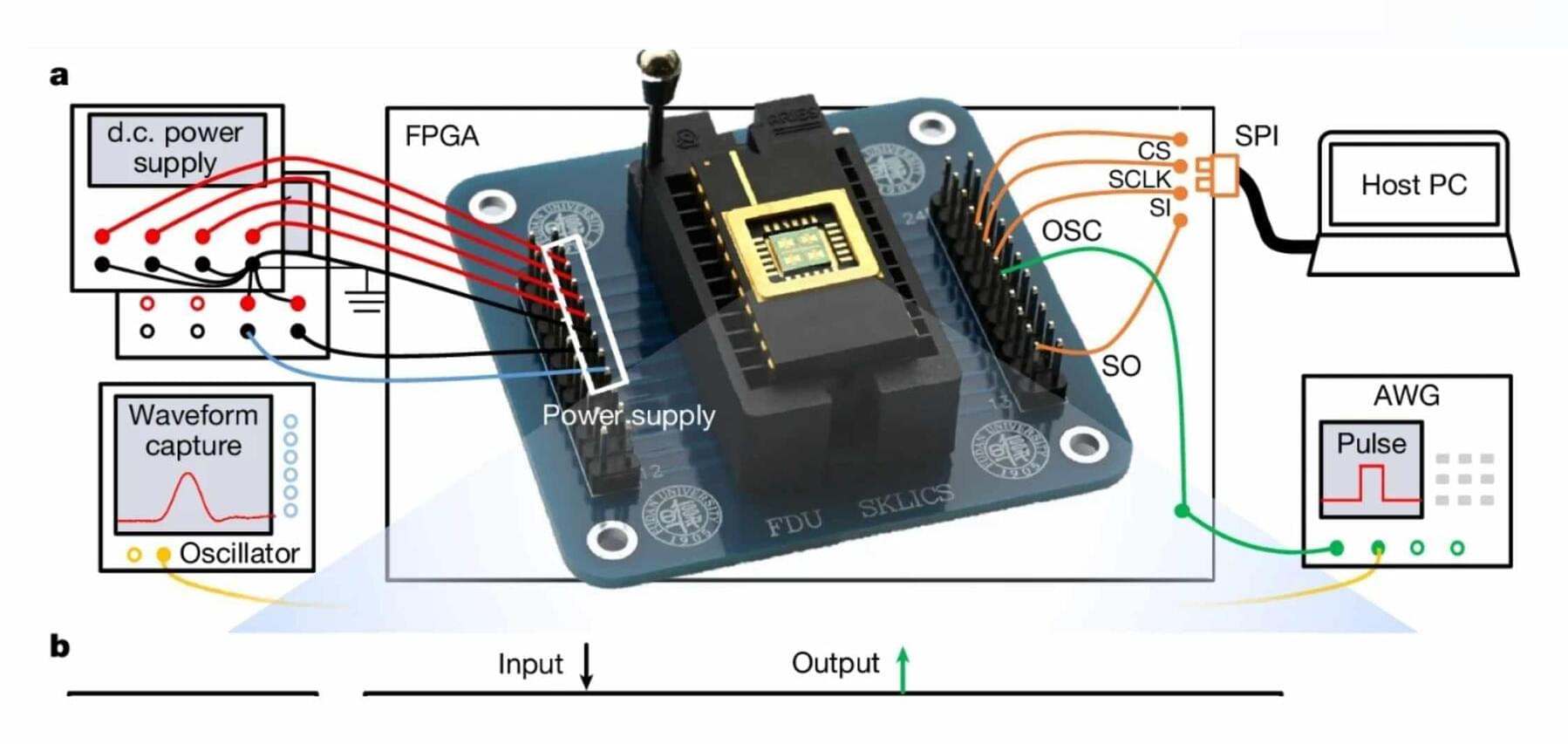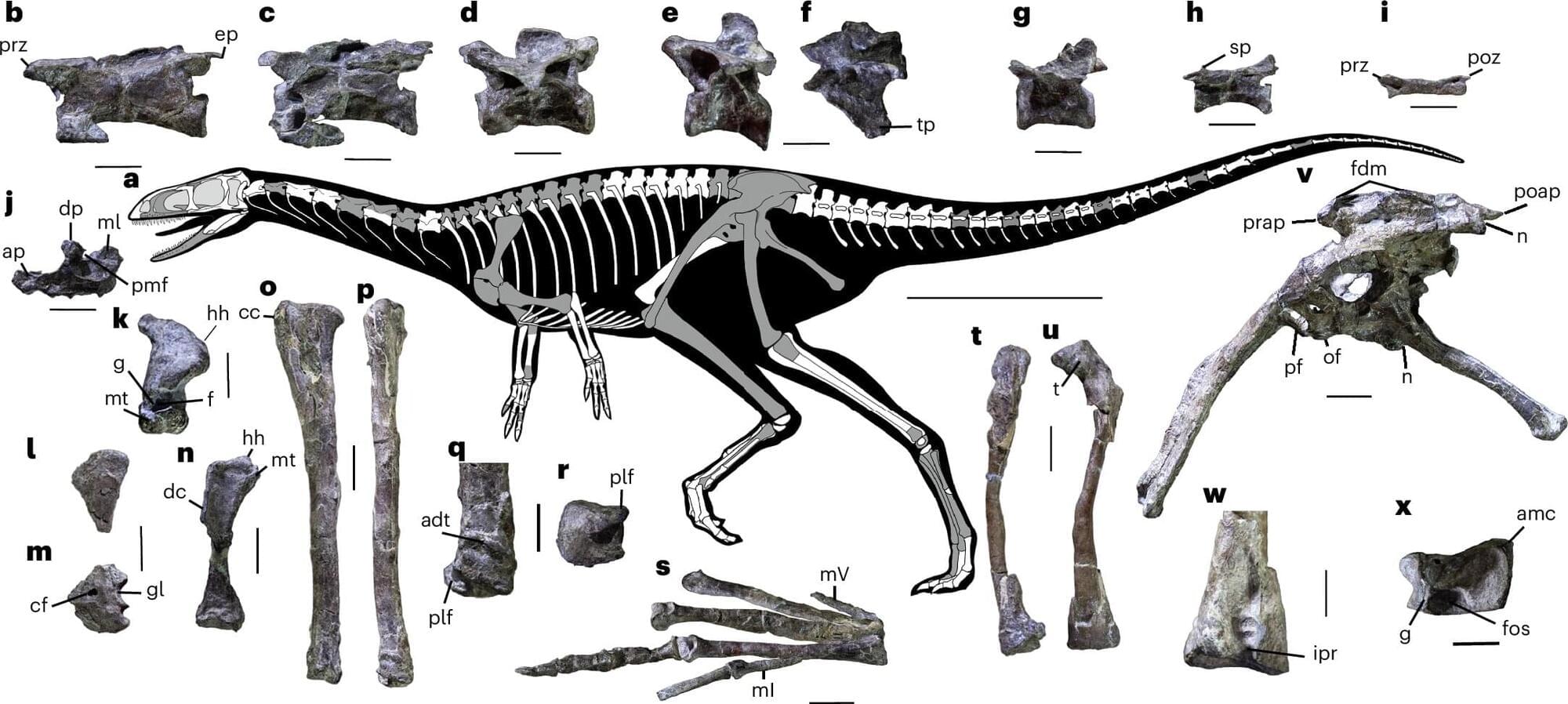The question that exposes the entire alien abduction industry as rubbish


It’s not only fast enough to watch light move, it’s fast enough to see the past.

I. Using simple mathematics, Pythagoras was able to describe the basis of almost all musical scales, including the pentatonic, the Western, the chromatic and the Arabic scales. This shows the power and excitement of science. For the first time, Pythagoras could answer the question, WHY? Why are these notes and scales special? The answer is that they are formed in a simple, systematic, and mathematical manner. Most importantly, Pythagoras showed that the notes are not random or arbitrary and that they could be understood on a deeper level.
II. Pythagorass discoveries bring up a deeper psychology question: scales were first developed by ear: we and the Neanderthals choose these particular notes before there was any understanding of mathematics or physics. The notes were chosen simply because they were pleasing to the ear. But, as it turns out, the scales also follow basic mathematical constructs. So the question is, what does this say about our likes and emotions? Is there a mathematical/physical basis to them, as well?
III. The power of spectroscopy. What Pythagoras did was look a physical system (the musical scale), found characteristic frequencies (pitches/notes) and found simple mathematical relationships between the frequencies (ratios of 3/2, for example). This process actually became a fundamental part of physics, and modern physics, in particular.

Management of autoimmune neuropathies has remained unchanged for much of the past 30 years, but recent advances are changing the rate of progress. In this Review, the authors summarize the latest developments, including discoveries in disease mechanisms, new diagnostic guidelines, identification of new biomarkers and the status of promising clinical trials.





On April 17, 2025, the MIT Shaping the Future of Work Initiative and the MIT Schwarzman College of Computing welcomed Arvind Narayanan, Professor of Computer Science at Princeton University, to discuss his latest book, \.